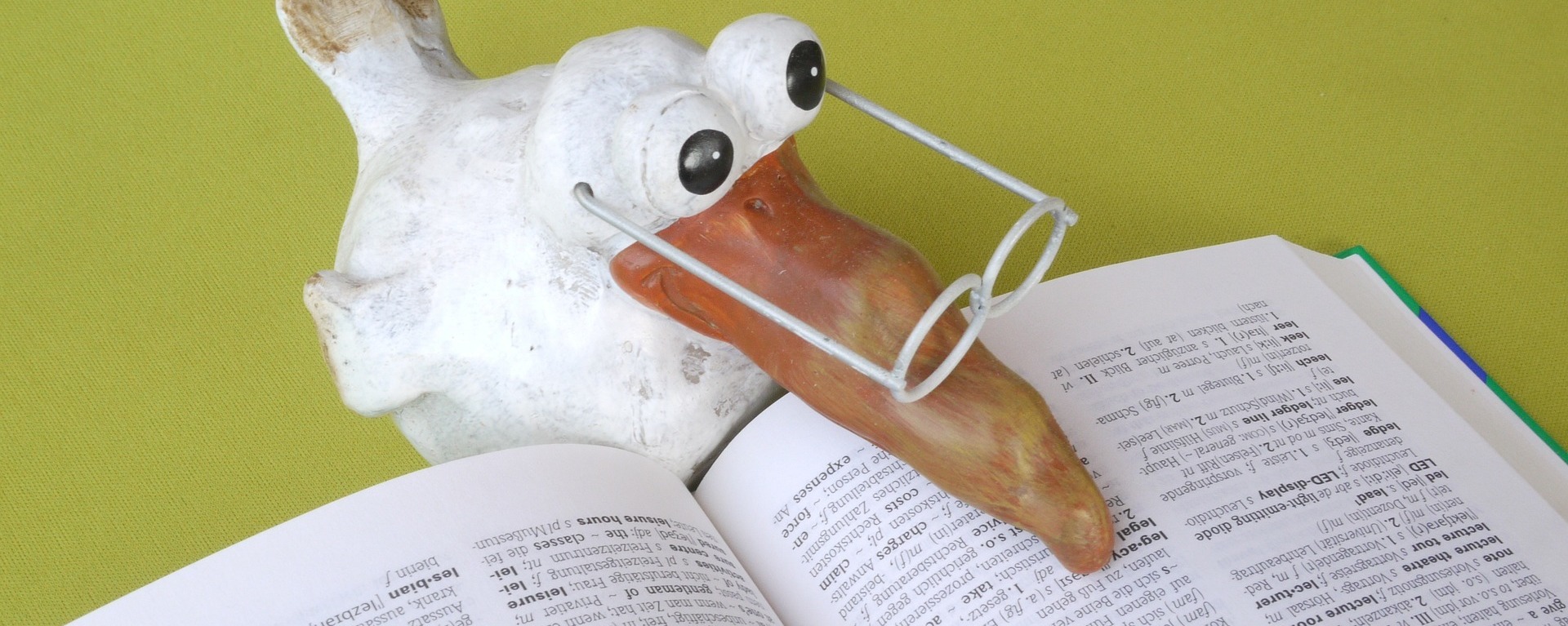Jargonbuster - Phobia
Posted on 12th June 2022
A phobia is an overwhelming and debilitating fear of an object, place, situation, feeling or animal.
Phobias are more pronounced than fears. They develop when a person has an exaggerated or unrealistic sense of danger about a situation or object.
If a phobia becomes very severe, a person may organise their life around avoiding the thing that's causing them anxiety. As well as restricting their day-to-day life, it can also cause a lot of distress.
A phobia is a type of anxiety disorder. You may not experience any symptoms until you come into contact with the source of your phobia.
But in some cases, even thinking about the source of a phobia can make a person feel anxious or panicky. This is known as anticipatory anxiety.
Common examples of simple phobias include:
animal phobias – such as dogs, spiders, snakes or rodents
environmental phobias – such as heights, deep water and germs
situational phobias – such as visiting the dentist or flying
bodily phobias – such as blood, vomit or having injections
sexual phobias – such as the fear of getting a sexually transmitted infection (STI)
Complex phobias tend to be more disabling than simple phobias. They usually develop during adulthood and are often associated with a deep-rooted fear or anxiety about a particular situation or circumstance.
The 2 most common complex phobias are:
agoraphobia
social phobia
Agoraphobia is often thought of as a fear of open spaces, but it's much more complex than this. Someone with agoraphobia will feel anxious about being in a place or situation where escaping may be difficult if they have a panic attack.
The anxiety usually results in the person avoiding situations such as:
being alone
being in crowded places, such as busy restaurants or supermarkets
travelling on public transport
Social phobia, also known as social anxiety disorder, centres around feeling anxious in social situations.
If you have a social phobia, you might be afraid of speaking in front of people for fear of embarrassing yourself and being humiliated in public.
In severe cases, this can become debilitating and may prevent you carrying out everyday activities, such as eating out or meeting friends.
Tagged as: Counselling, Jargonbuster
Share this post:



